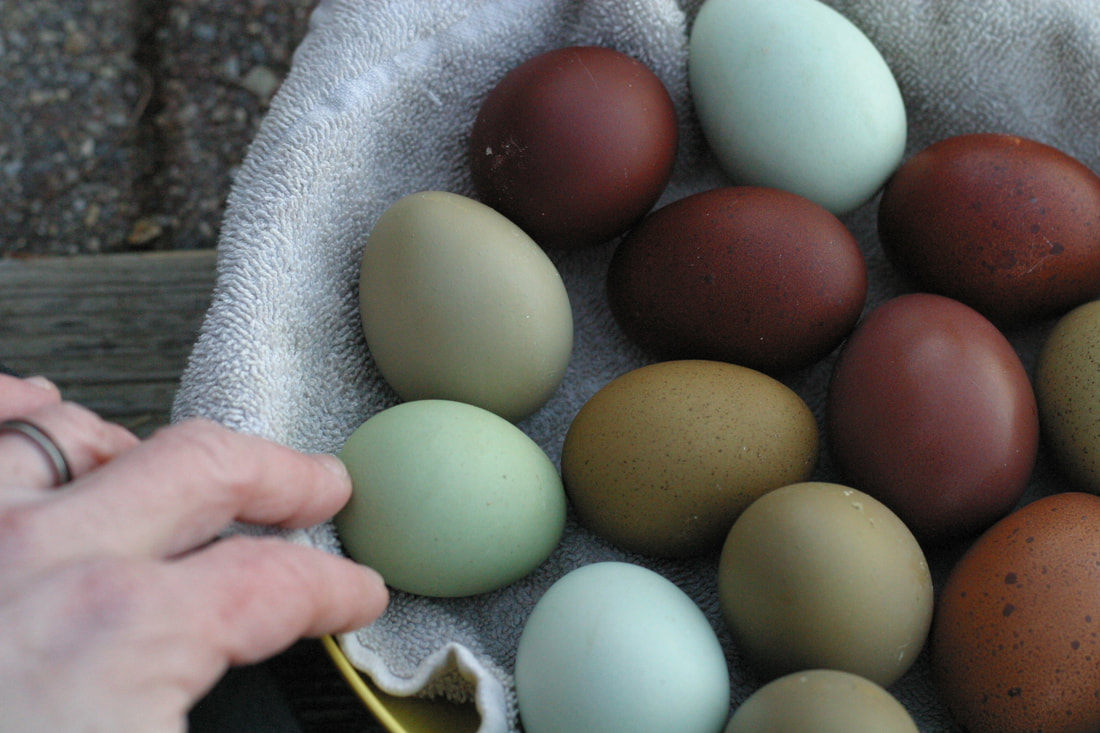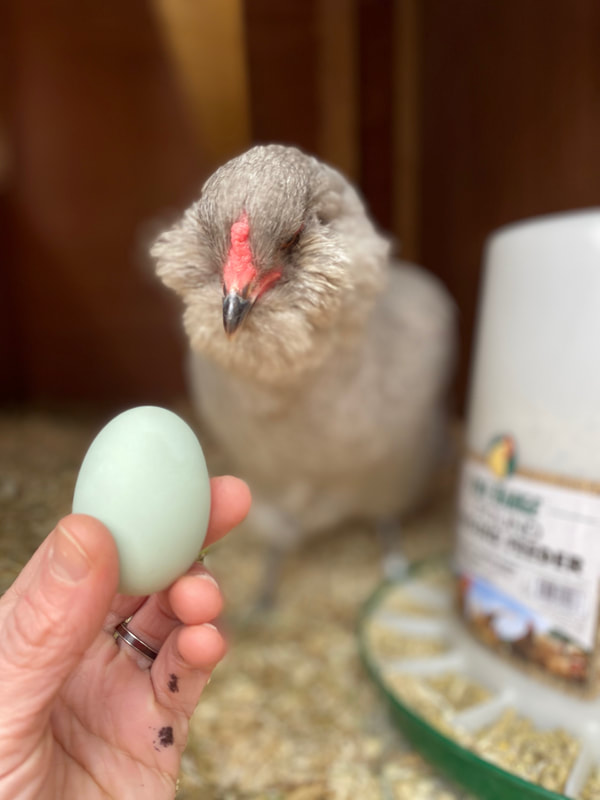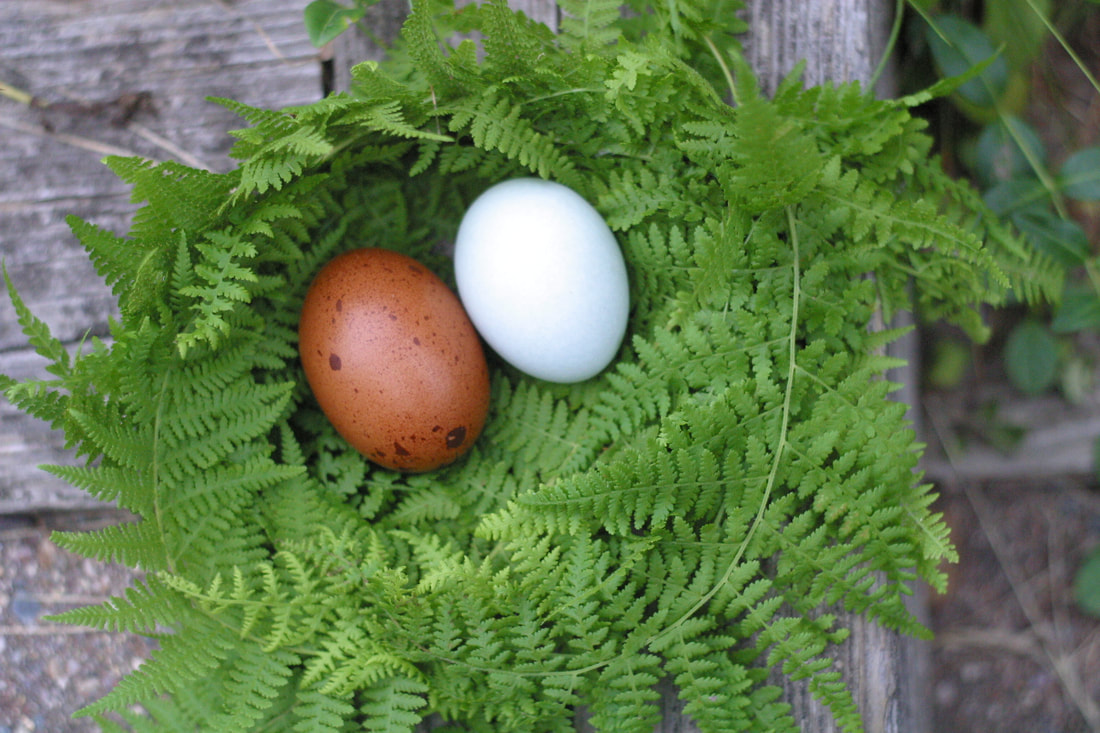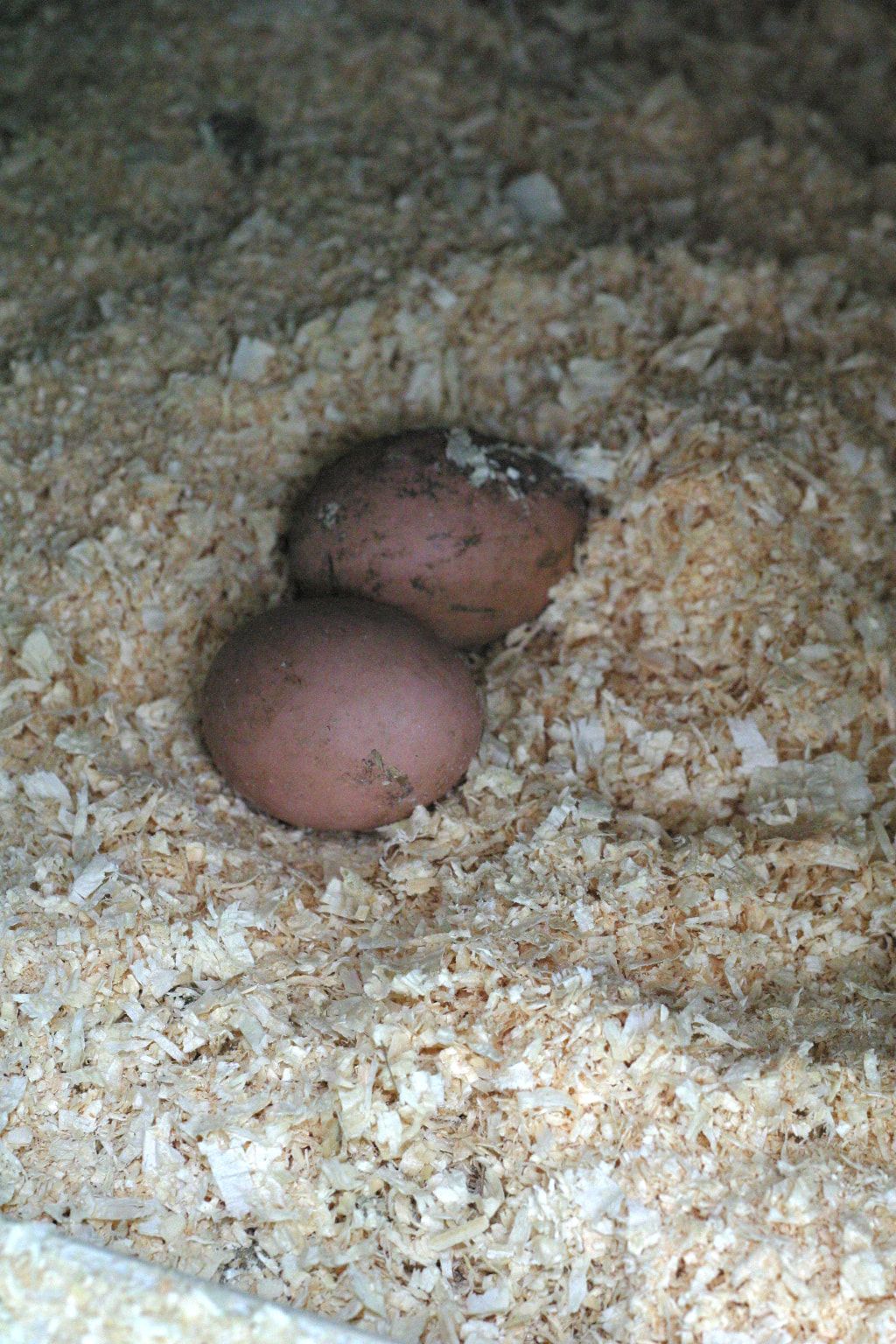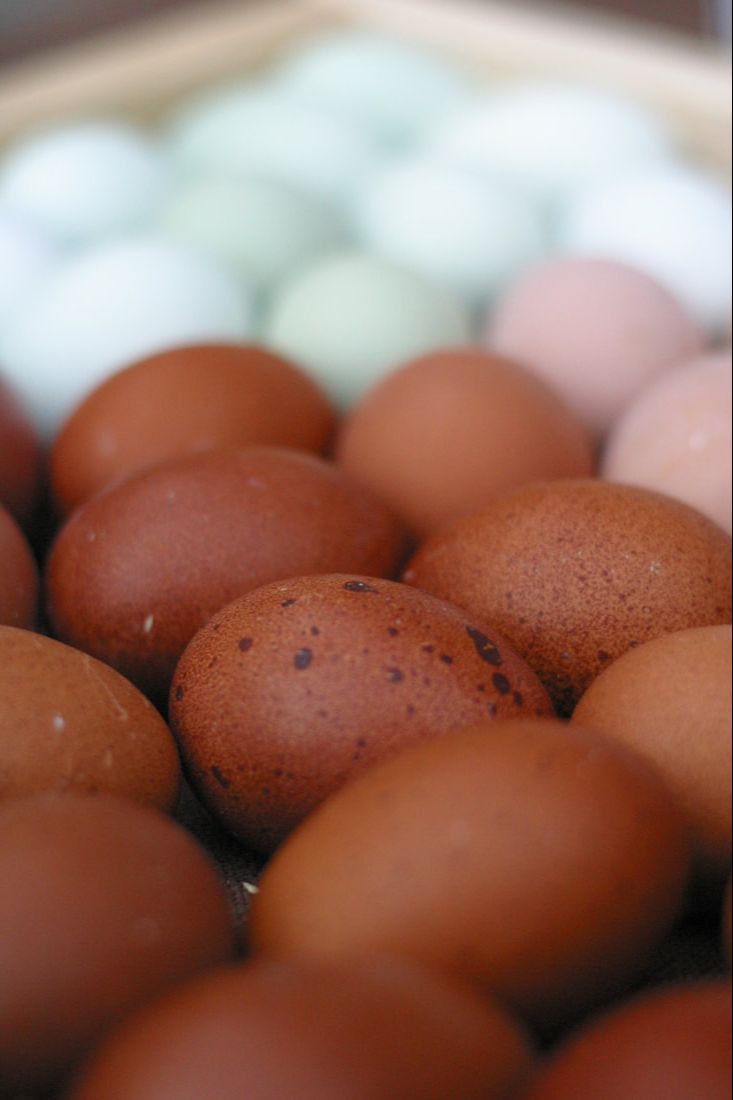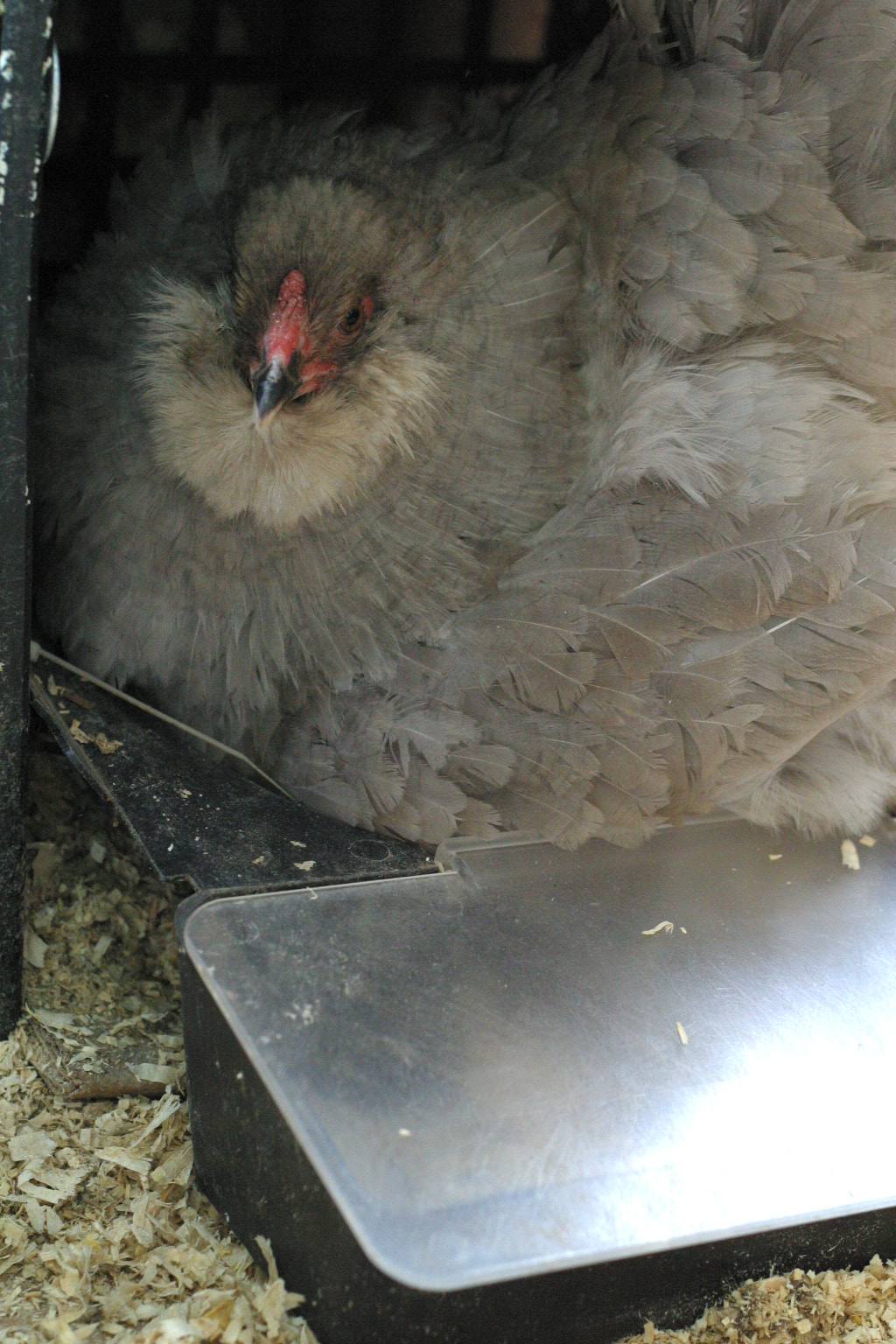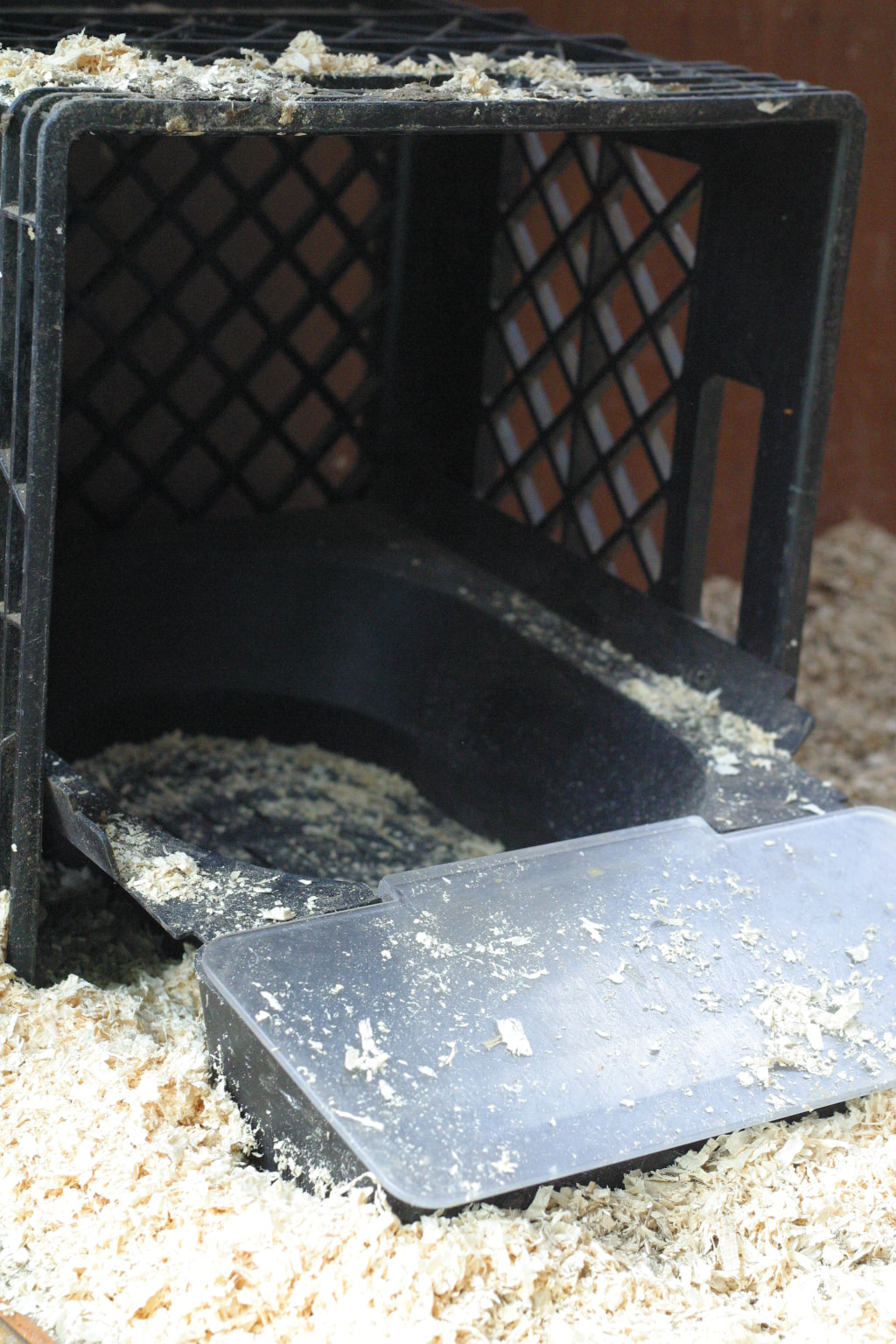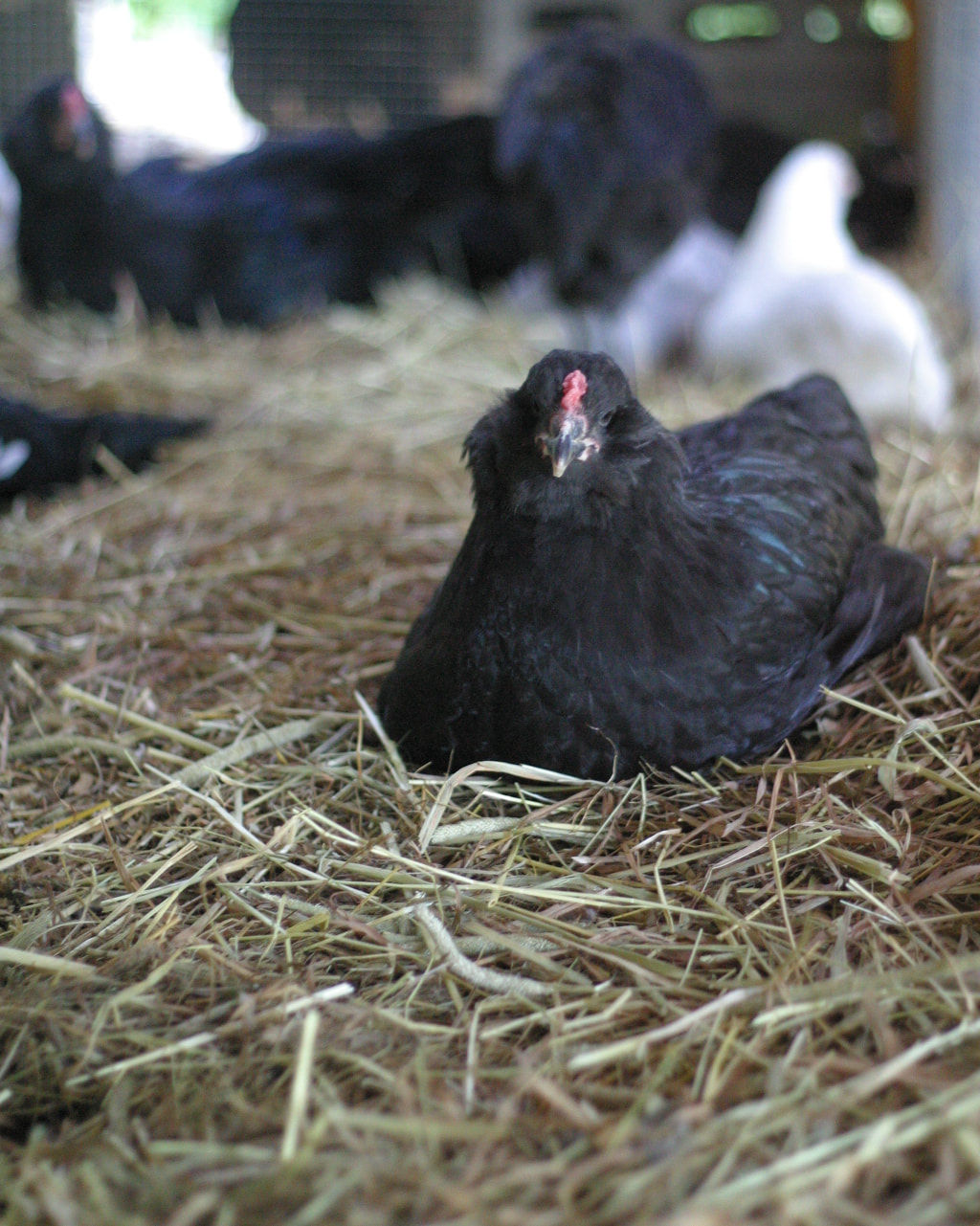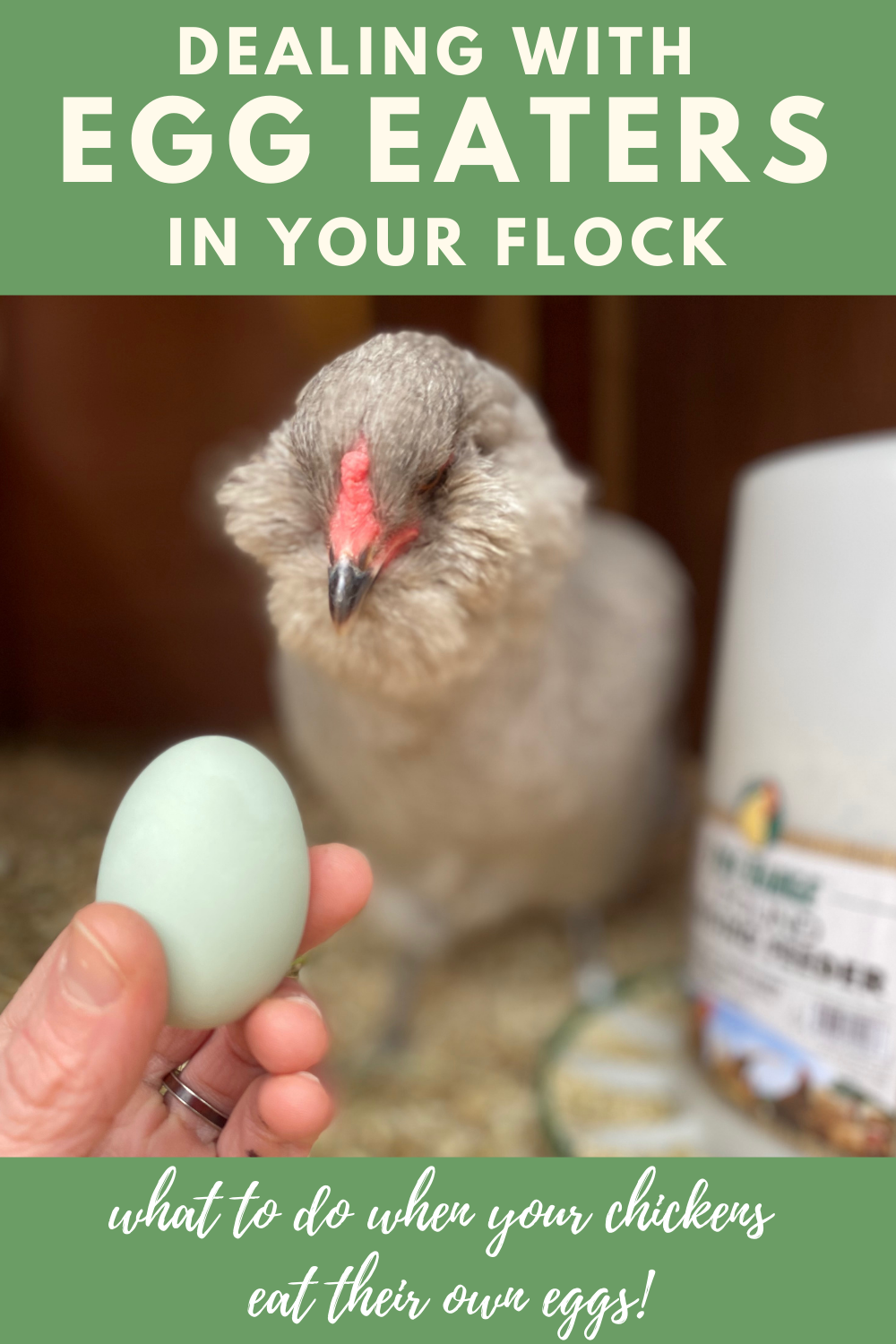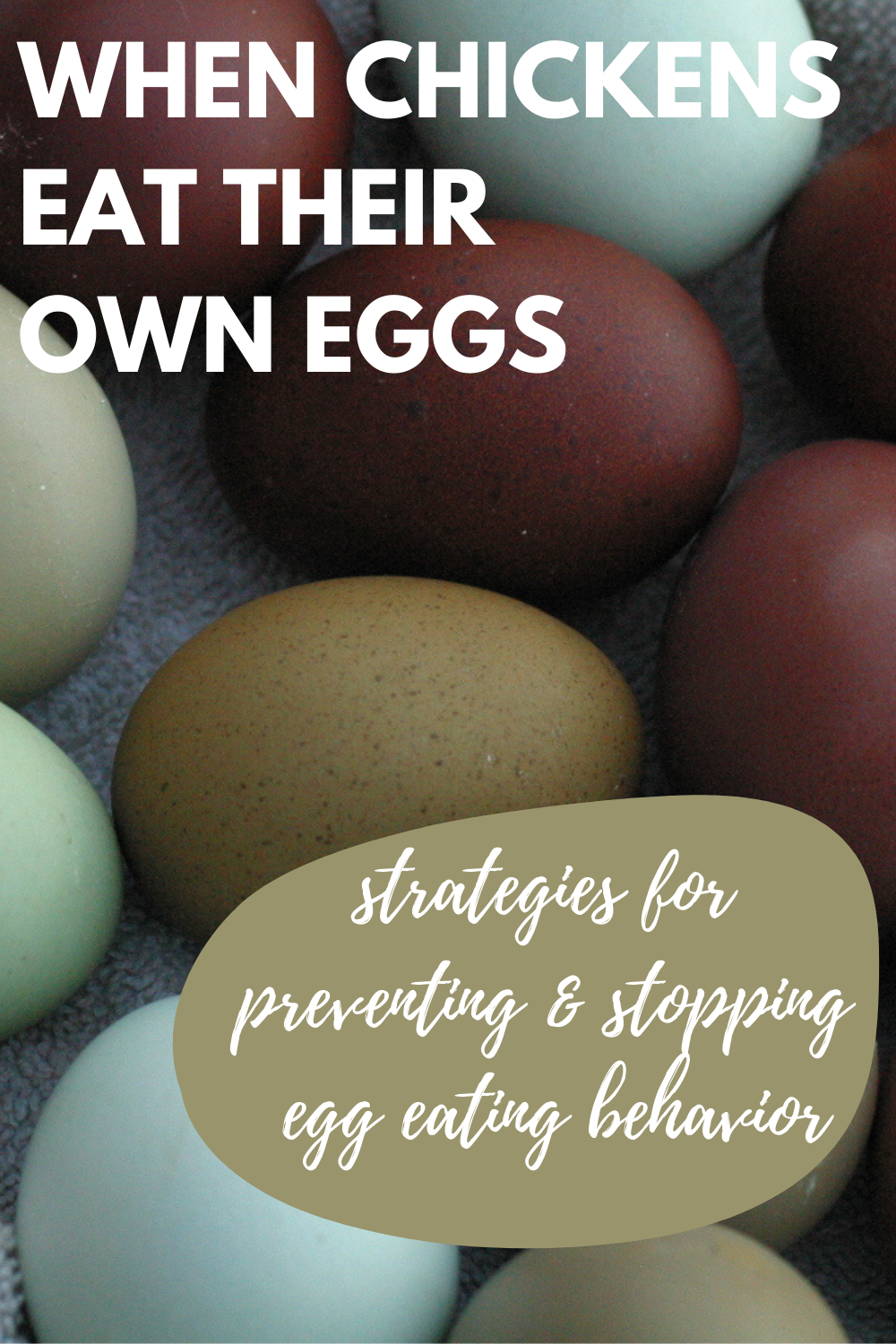|
Chances are, if you have chickens, you love eating eggs. Unfortunately, sometimes your chickens will get a taste of their own raw eggs and love them, too! If you’ve ever had a serious egg eating issue in your flock, then you know how frustrating it can be to care for your flock with no eggs in return. In this post, we will talk about why and how the egg eating habit begins, and the interventions you can use to snap your birds out of this habit. How Egg Eating BeginsWhile it might seem like your egg eating hens are out to get you and thwart your omelette dreams, egg eating actually has pretty innocent beginnings. There are two main causes of egg eating: nutritional deficiency or accident. If your hens are craving extra protein or calcium, they may be drawn to their eggs to fill this need. Or, they could discover egg eating by unintentionally breaking or stepping on an egg and releasing its delicious contents. How to Prevent Egg Eating in Your FlockHere are some strategies to prevent egg eating from happening in the first place:
How to Stop Egg Eating When it Happens--The Stages of InterventionStage One--Fake 'Em OutAt some point, one of your chickens is probably going to eat an egg. It happens! Early intervention at this point will help keep egg eating from becoming a habit. Keep an eye out when you collect eggs for signs of egg eating. A broken, partially eaten egg is a good one. A chicken with, quite literally, egg on it’s face is another. But all that might be left of the egg is a damp spot in the nesting box. Whatever you find, clean out the remains of the eaten egg completely, including any bedding that is soaked with yolk. As soon as you see evidence of egg eating, add some ceramic or wooden eggs or golf balls to the nesting box and leave them there. Your chickens will peck at them hoping for another meal, but get nothing. This will encourage them to lose interest in pecking at eggs, especially if you keep collecting the real eggs often. Leaving fake eggs or golf balls in the nesting box is also a great preventative measure, and helps encourage your hens to lay in the nest box instead of elsewhere. Feel free to add them before any egg eating occurs. Just know that the constant presence of an “egg” in the next box can also encourage broodiness, which you may not want. I’ve had more than one hen go intensely broody over a single golf ball meant to prevent egg eating. Stage Two: The Mustard EggIf your hens are not fooled by imposter eggs and the egg eating continues, you’ll have to step it up a notch. Take an egg, make a small hole in one end with a knife, invert the egg and let the contents drain out. Next, fill the empty egg shell with a spicy mustard and tuck back into the nest box. The hope is that your hens will give up on egg eating once they discover that some eggs are, in fact, suddenly disgusting, while the rest are still unbreakable golf balls. But don’t be discouraged if your stubborn hens eat this spicy hell-egg anyway. Be persistent and try this method daily for up to two weeks before moving on to stage three. I haven’t had great luck with this method, personally--but enough folks swear by it that I think it’s worth trying. Stage Three: The Hidden EggIf your fake eggs and spicy hell-eggs don’t work, then it is time to trap those eggs. Invest in roll out trays with flaps that can be inserted into your nest boxes. When your hen lays an egg in the tray, the egg will roll down into a protected area that she cannot reach. All you have to do to collect the eggs is open the flap to this space. You can encourage your hens to start laying in these trays by adding a little bit of bedding--this may interfere with the eggs rolling to the safe space, but once the birds accept the tray, you can gradually remove more and more bedding until it’s no longer needed. If your coop currently has more nest boxes than needed for your flock, you can remove or block the other boxes and just purchase as many roll out trays as required. Stage FourIntervening in egg eating is important, since chickens will learn this behavior from others, and the longer it goes on, the more ingrained a habit it will become. In my own experience, preventative measures and the addition of fake eggs after egg eating is discovered is usually enough to deter the behavior. We also have a couple roll out trays that we’ve rotated through the coops when needed.
If you’ve exhausted all your options and your chickens will not stop eating eggs, then you may want to consider culling them. Of course, this is absolutely a last resort. It’s a heartbreaking but sometimes necessary intervention. Keep in mind if things get to this point that your egg eaters will teach the rest of their flock, so moving them to another group will only spread the behavior, not stop it. The same goes for rehoming the birds. If you are absolutely against culling your egg eaters, I understand. Another solution would be to give them their own space and let them just do their thing. While we’ve had great results with preventative measures, fake eggs, and trays, we did have a two hens in the past who were relentless egg eaters. They were two Marans that were part of a small breeding group that included two Ameraucanas as well. They also laid gorgeous dark speckled eggs--which they ate, regularly. But more often, they ate the Ameraucanas' blue eggs. It seemed they were smart enough to know who laid what, and consistently devoured the other hen’s eggs. We loved these hens and did not want to cull them. We tried every intervention, many times, for a long time. In the end, we made the difficult decision to cull them, knowing that wherever they went, the hens would spread this behavior. However, this is really a worst case scenario and it’s my hope that with preventative strategies, as well as other interventions, you’ll never have to cull a chicken for egg eating. Have you ever had to deal with egg eating in your flock? What strategies did you try, and how did it work out for you?
7 Comments
My first visit here - wandering around after a google search about waterers? My first chicks arrived a couple of weeks ago - so much to learn.
Reply
Rob Schneider
8/21/2023 08:51:50 pm
One thing that worked for me. I modified some fake eggs to pop open very loudly when they pecked them. It freaked them out and they stopped pecking the eggs.
Reply
Paul
11/15/2023 03:14:43 pm
Excellent idea. Could you provide some details on how you did this? Thank you very much.
Reply
Donna Jo
12/4/2023 06:48:57 pm
Did you make your popping eggs or buy them. My egg eaters are out of control. I can’t collect during the day, I am at work. I have eight layers six only six months old and loose three or four eggs a day.
Reply
Libby Liebig
4/4/2024 11:20:50 am
Same here - actually caught THREE hens fighting over ONE egg today! And then an hour later found two cracked open and empty shells in the nesting box!!! UGH!!!!
Martha
6/25/2024 07:38:41 pm
Hey Rob Schneider! I wish you would let the group now how to modify the fake eggs to make that loud sound to deter the chickens from egg eating! Inquiring minds want to know😜
Reply
Ellie Farr
4/22/2024 12:00:31 pm
We have a hen that lays eggs on the floor and then it gets eaten.
Reply
Leave a Reply. |
Hi, I'm Maeg.Welcome to our blog! Categories
All
|
©
The Silver Fox Farm

